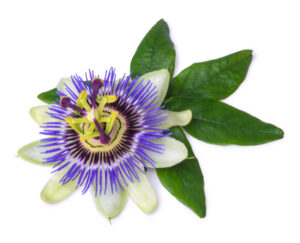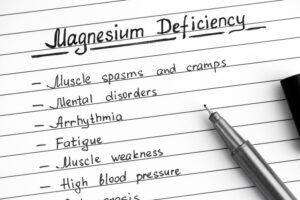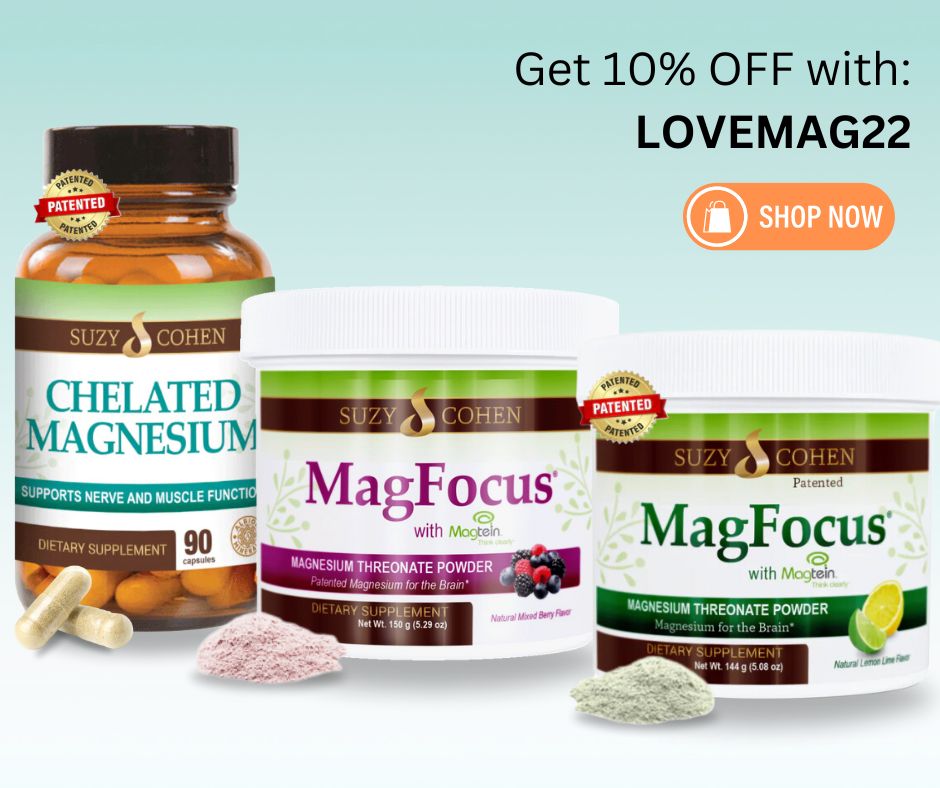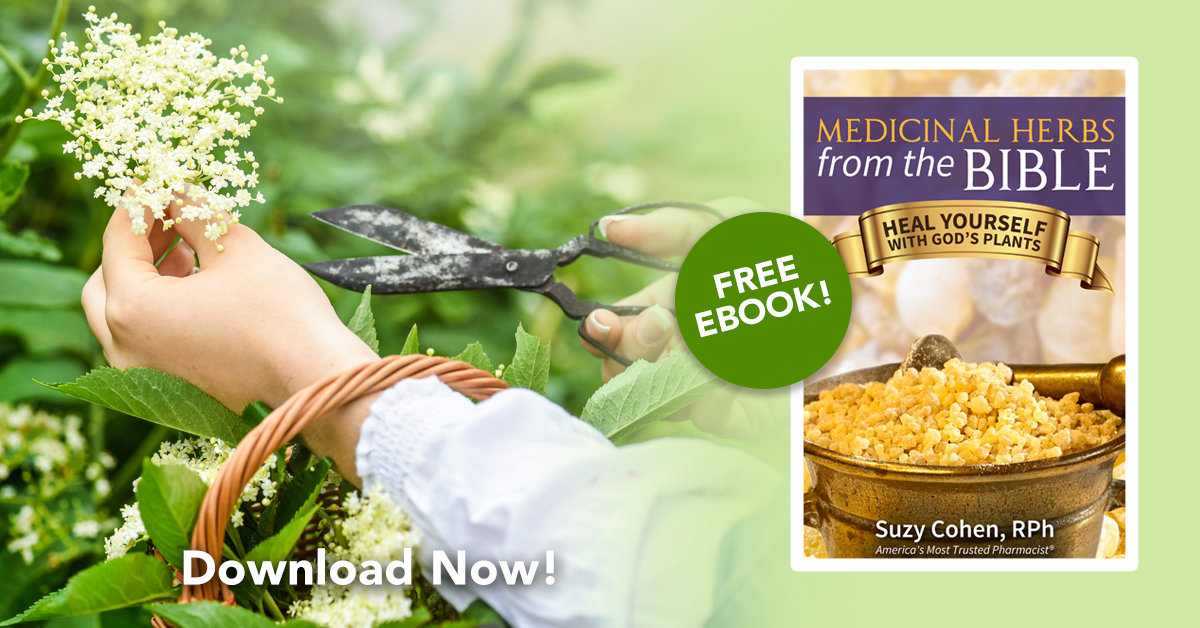What's On This Page?
ToggleToday I will explore muscle relaxants considered to be the best medications, as well as natural alternatives. I’m featuring this information based on a question I got from KB via my syndicated column.
Muscle pain following an accident can be persistent and troubling. While prescription muscle relaxants provide temporary relief, it’s crucial to address the root causes of your discomfort. Let’s look at both conventional and natural ways to manage your muscle aches effectively.
Muscle pain is a common affliction that touches the lives of millions globally. In fact, studies show that approximately 60% of adults experience some form of muscle pain at least once annually. This discomfort can manifest in various ways—from the deep, gnawing ache of an overworked muscle to the sharp, stabbing pain of a spasm or strain.
Imagine bending to tie your shoe or grab an Amazon package from your doorstep and feeling a sudden cramp that curls your foot, or the relentless throb in your back after a day spent gardening! Muscle pain isn’t just discomfort – it’s a signal from your body that something is amiss, either due to physical exertion, stress, or underlying health issues.
As we explore the realms of relief, from pharmaceuticals to earth-grown herbs, understanding these pains can guide us to the most soothing solutions for our bodies. Let’s get started with the best medications that come from a pharmacy.
Conventional Muscle Relaxants: These are the Best Medications
Muscle relaxants can be effective for short-term relief from muscle spasms, strains, or other muscle-related issues. They ALL cause sleepiness! Don’t drive on these. Here are some commonly prescribed medications:
- Baclofen (Lioresal®): This medication is used to alleviate muscle spasms; it enhances levels of GABA, a neurotransmitter that calms the nervous system. It’s often prescribed for conditions like multiple sclerosis and has been noted for its potential to reduce alcohol cravings. They also make this in injection. Read about BACLOFEN.
- Metaxalone (Skelaxin®): Known for blocking pain sensations temporarily, it’s advantageous due to its lower abuse potential compared to other muscle relaxants. Skelaxin is typically recommended to be taken with food or immediately after meals to enhance its absorption and reduce stomach upset.
- Cyclobenzaprine (Flexeril®): Related to antidepressants, it may cause side effects like dry mouth, urinary retention, sleepiness and dizziness. This medicine can also be taken with or without food, but taking it with food might help those who experience gastrointestinal side effects such as nausea.
- Carisoprodol (Soma®): This drug blocks pain signals in the brain and spinal cord but is notorious for its sedative effect and high abuse potential. This medicine can be taken with or without food. However, taking it with food might help to minimize potential gastrointestinal side effects like nausea or stomach upset.
- Methocarbamol (Robaxin®): Although it has no direct effect on striated muscle or nerve fibers, it can offer temporary relief. It’s important to stay hydrated while taking this medication. Robaxin can be taken with or without food. Taking it with food may help to reduce stomach upset. It is important to stay well-hydrated while taking Robaxin, as dehydration can increase the risk of side effects.
Natural Alternatives for Muscle Relief
Natural remedies can be gentle yet effective for managing muscle pain without the side effects often associated with pharmaceuticals:
- Cramp Bark: As the name suggests, this herb may help reduce muscle cramps and spasms. Available as tea, tincture, or capsule, it’s also known to lower blood pressure. Cramp Bark is particularly revered for its ability to target muscle tightness and spasms, making it an excellent choice for those seeking a natural remedy to alleviate symptoms associated with conditions like menstrual cramps, muscle strains, and even tension-related discomfort.
- Valerian: Commonly used for its calming effects on insomnia and anxiety, Valerian is also a natural muscle relaxant. Valerian root is highly valued for its sedative qualities, which not only promote restful sleep but are also effective in relaxing muscle tension. This makes it a popular herbal remedy to ease muscle cramps and spasms naturally, particularly when these issues interfere with sleep. But it does have a funky smell sometimes.

- Passionflower: Passionflower is celebrated for its calming effects on the central nervous system, which can be beneficial in reducing muscle spasms and easing general nervous tension. Its use is especially favorable for those seeking a gentle approach to manage stress-related muscular discomfort and improve overall relaxation. I put some of this into my Sleep Script® Tranquility capsules to help with rest.*
- Kava Kava: Kava Kava is renowned for its potent anxiolytic properties, which significantly relax the mind and body. This root extract is especially beneficial for muscle relaxation and reducing anxiety-induced physical symptoms, such as tightness and spasms in the muscles.Kava’s efficacy in promoting a sense of calm makes it a favored choice among natural remedies for those looking to alleviate stress-related muscular and nervous tension.
- Magnesium and Vitamin D Supplements: The synergistic effects of Vitamin D and Magnesium are crucial for optimal muscle function and health. Vitamin D helps improve calcium absorption which is vital for muscle contraction, while magnesium works to relax the muscles, preventing cramps and spasms.This combination is particularly effective in addressing deficiencies that lead to increased muscle tension and discomfort, making it an excellent choice for those seeking to maintain muscle health and prevent spasmodic conditions naturally.A lot of people are deficient in magnesium because they drink coffee which depletes this mineral. A recent 2023 study highlighted the efficacy of magnesium in reducing muscle pain when paired with Vitamin D, which many of us are deficient in. This combination helps improve muscle function and reduce spasms.

Integrative Approaches
Consider combining treatments listed above for better results. It’s ideal to work with a practitioner on this so you don’t overdo one thing and get side effects. You can also review your medication list to see if you take something that causes muscle cramps/spasms.
Statins are one drug category that can cause this type of pain. If you have a minute, read more about that in my article, Taking Statins? Beware Of Cramps: 5 Ways To Stay Safe.
Summary
Muscle relaxants, both herbal and pharmaceutical, can significantly aid in the management of muscle pain but should be used cautiously due to potential side effects and dependencies. Integrating natural remedies with conventional treatments under the guidance of a healthcare professional can provide a more holistic approach to pain management.
For those interested in exploring further, my ebook, Medicinal Herbs from the Bible, offers additional insights into natural remedies. Remember, addressing the underlying causes of your pain with a balanced approach can lead to more sustainable relief.

Suzy Cohen, has been a licensed pharmacist for over 30 years and believes the best approach to chronic illness is a combination of natural medicine and conventional. She founded her own dietary supplement company specializing in custom-formulas, some of which have patents. With a special focus on functional medicine, thyroid health and drug nutrient depletion, Suzy is the author of several related books including Thyroid Healthy, Drug Muggers, Diabetes Without Drugs, and a nationally syndicated column.


